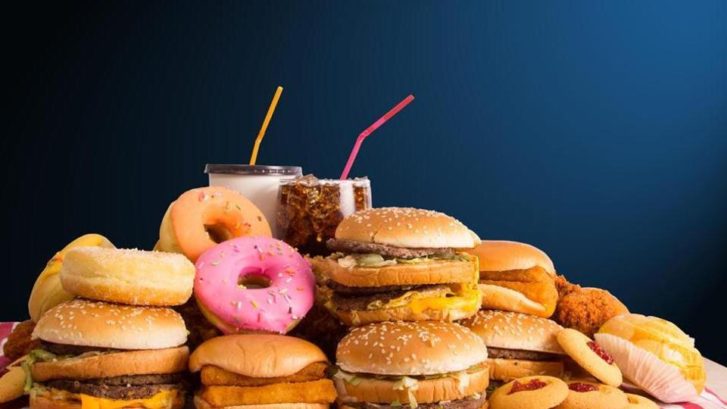Our Diets Are Killing Us
Question: What causes more deaths worldwide than smoking?
Answer: Food. And it’s not tainted food; it’s the unhealthy food we put on our plates every day.
Our concierge primary care doctors in Jupiter have told you many times about the importance of a healthy diet. Now a new study published this month in the journal Lancet warns that as a species, we don’t eat properly, and we’re paying for it.
“In many countries, poor diet now causes more deaths than tobacco smoking and high blood pressure,” Ashkan Afshin, lead study author, told CNN.
Afshin is an assistant professor at the Institute for Health Metrics Sciences at the University of Washington
“Poor dietary habits . . . overall cause more deaths than any other risk factors globally,” Afshin told CBS News.
Dietary risk factors
The study took place over 27 years in 195 countries. Israel had the lowest number of diet-related deaths, followed by France, Spain, Japan, and the principality of Andorra. Uzbekistan had the highest, with the U.S. ranking 43rd out of 195.
The study results attributed one in five deaths (about 11 million people) annually around the world to the following dietary risk factors:
- high sodium
- low whole grains
- low fruit
- low nuts and seeds
- low vegetables
- low fiber
- high trans fats
- high sweetened beverages
- low legumes
- high red meat
- high processed meat
- low calcium
- low milk
- low omega-3s
- low polyunsaturated fatty acids
Note: Omega-3 fatty acids are found in seafood. Polyunsaturated fatty acids are found in some nuts and seeds, salmon, and vegetable oils.
Healthy beats unhealthy
In their analysis of the 15 dietary factors, researchers found that the lack of healthy foods was worse than consumption of unhealthy foods. In other words, not eating fruits, vegetables and so forth was responsible for more deaths than eating red meat, processed foods, and the like.
As a result, Afshin recommended that policy makers should not just focus on what not to eat, but what to replace those foods with. The study estimated that three million deaths globally could be attributed to high sodium intake, but another three million were caused by lack of whole grains, with two million more caused by inadequate fruit intake.
They estimated that cardiovascular disease (CVD) was the leading cause of diet-related deaths around the world, followed by various cancers and diabetes, all of which were attributed to diet. Of course, other factors—including physical inactivity, environmental, economic, and social factors—contribute as well, according to Bruce Lee, associate professor of international health at Johns Hopkins Bloomberg School of Public Health.
“Diet can contribute to noncommunicable disease (NCDs) via increased body weight and obesity, elevated blood pressure, hyperlipidemia or high levels of fat in the blood, and conditions that lead to high blood sugar levels,” he told The Washington Post. Lee, who is also executive director of the Global Obesity Prevention Center, added that another problem is that “unhealthy foods such as those that are highly processed with artificial ingredients are often cheaper to make, store, ship, and prepare. Therefore, such foods have replaced more natural and healthy foods in foods systems around the world.”
Another factor is the profit motive.
“Refining grains is highly profitable,” Corinna Hawkes, director of the Centre for Food Policy at the University of London, told CNN. “Take corn, for example. You can refine it into different ingredients: animal feed, refined flours, and high-fructose corn syrup, to name three. So manufacturers are generating multiple value streams from this refining process.”
What you can do
As much as possible, try to adhere to a Mediterranean-style diet: abundant amounts of nuts, seeds, fresh fruits and vegetables, use of olive oil in cooking, moderate portions of fish and poultry, and little red meat.
Also beware of marketing claims that a product is “whole grain,” because often a whole grain has been stripped of one or more of its components: the bran, the germ, or the endosperm. Look for the stamp provided by the Whole Grains Council that certifies a product actually contains all three of these components.
And as always, check with us for any questions or concerns you may have about the food your family eats.

